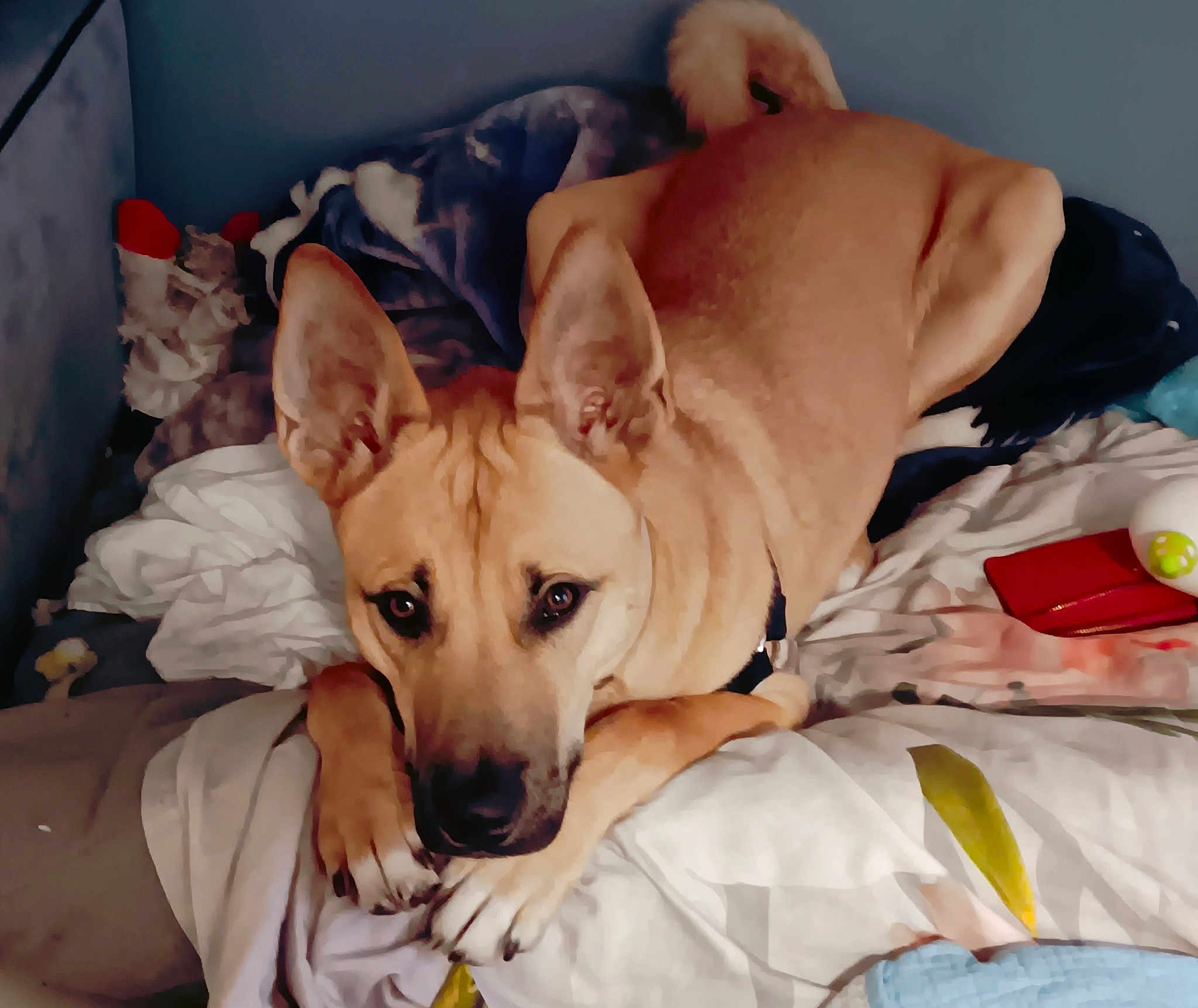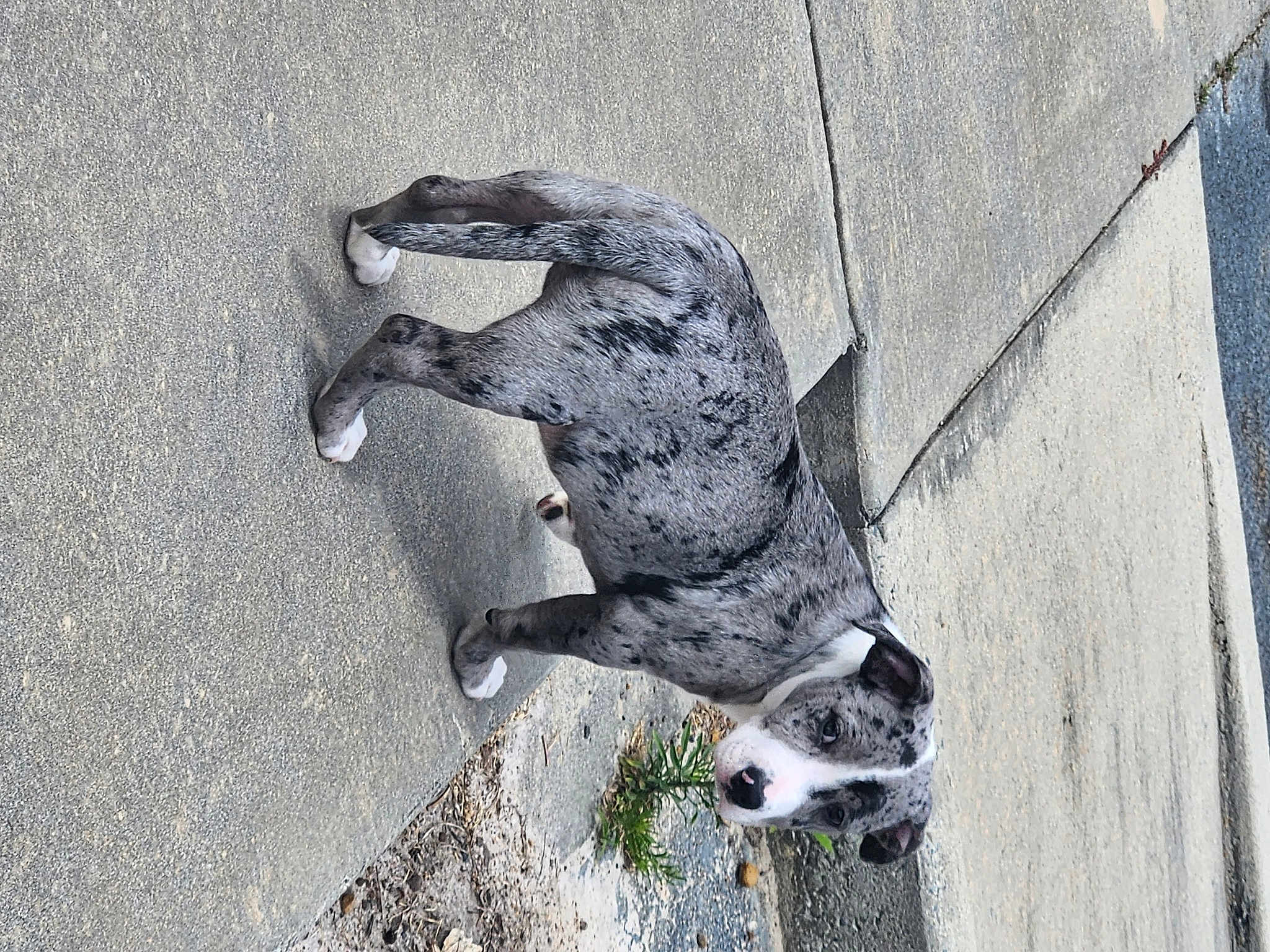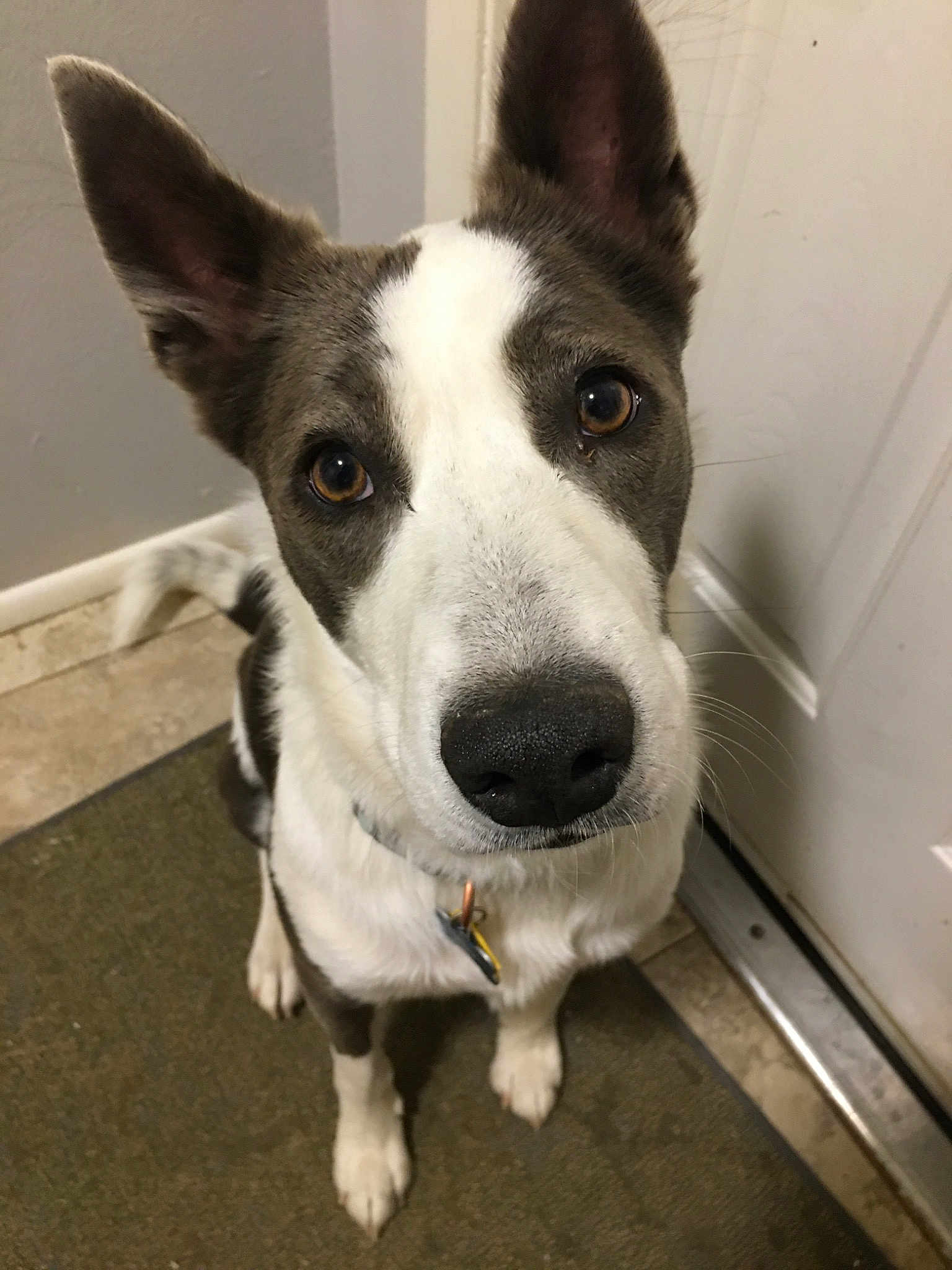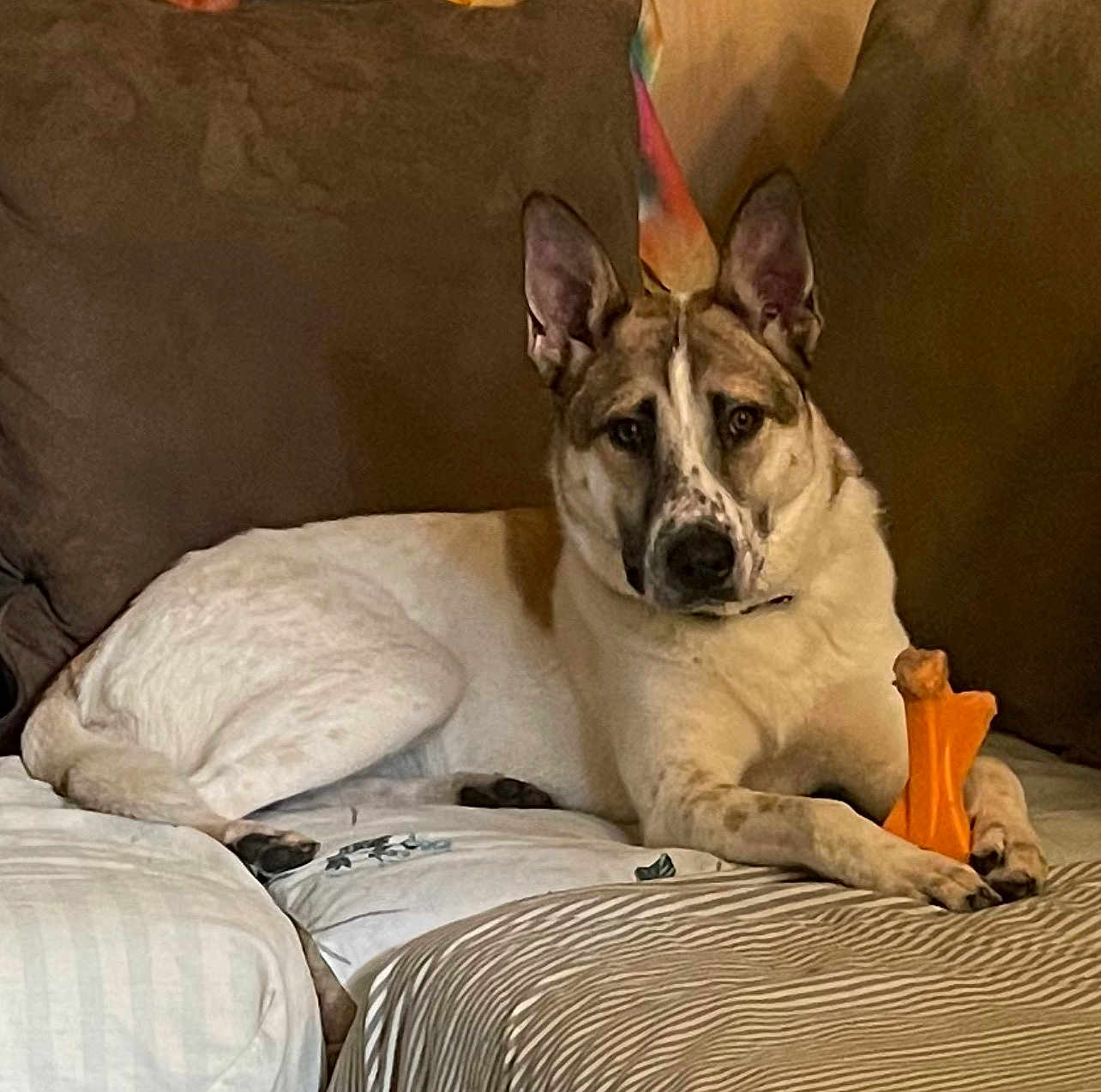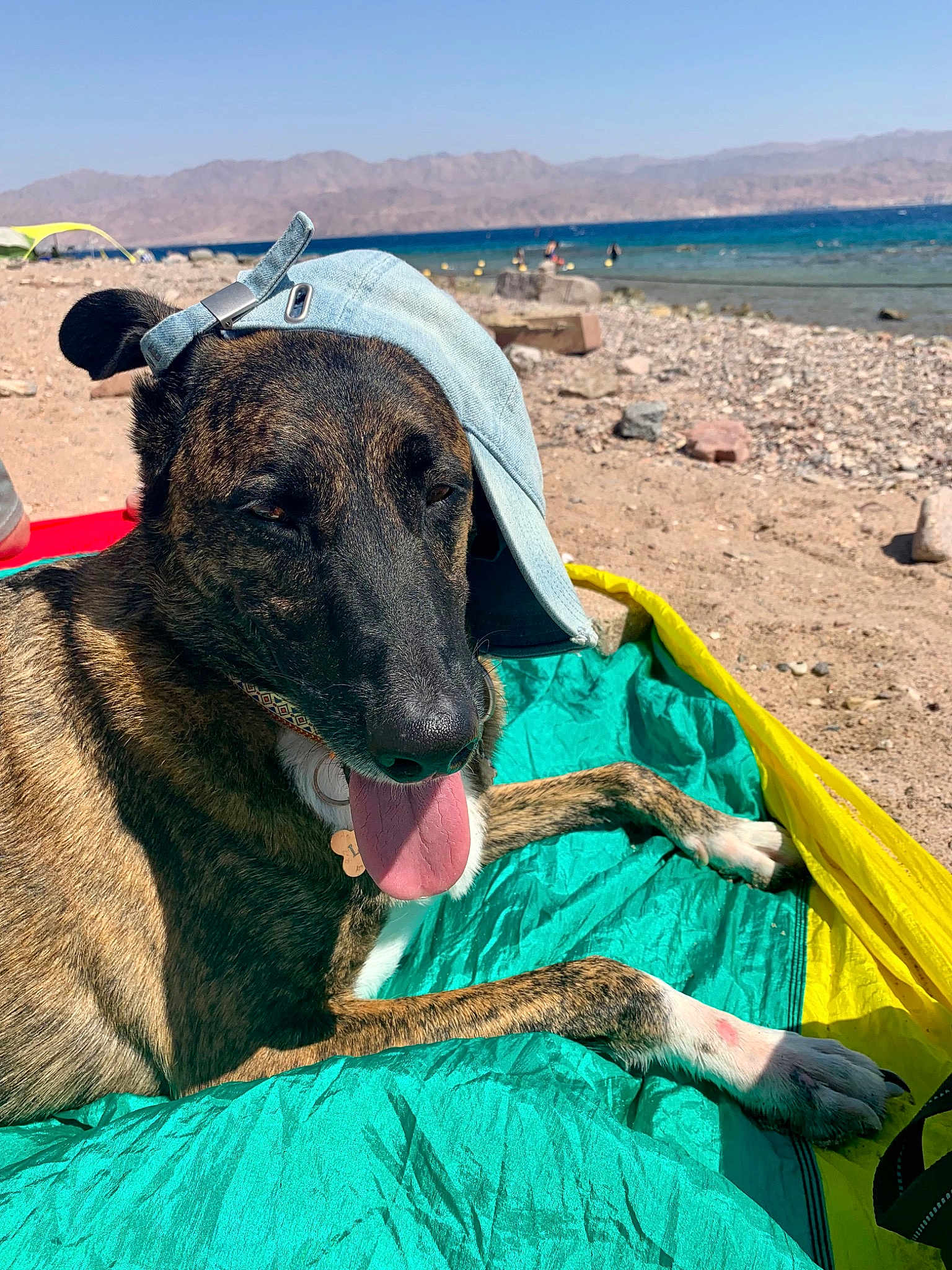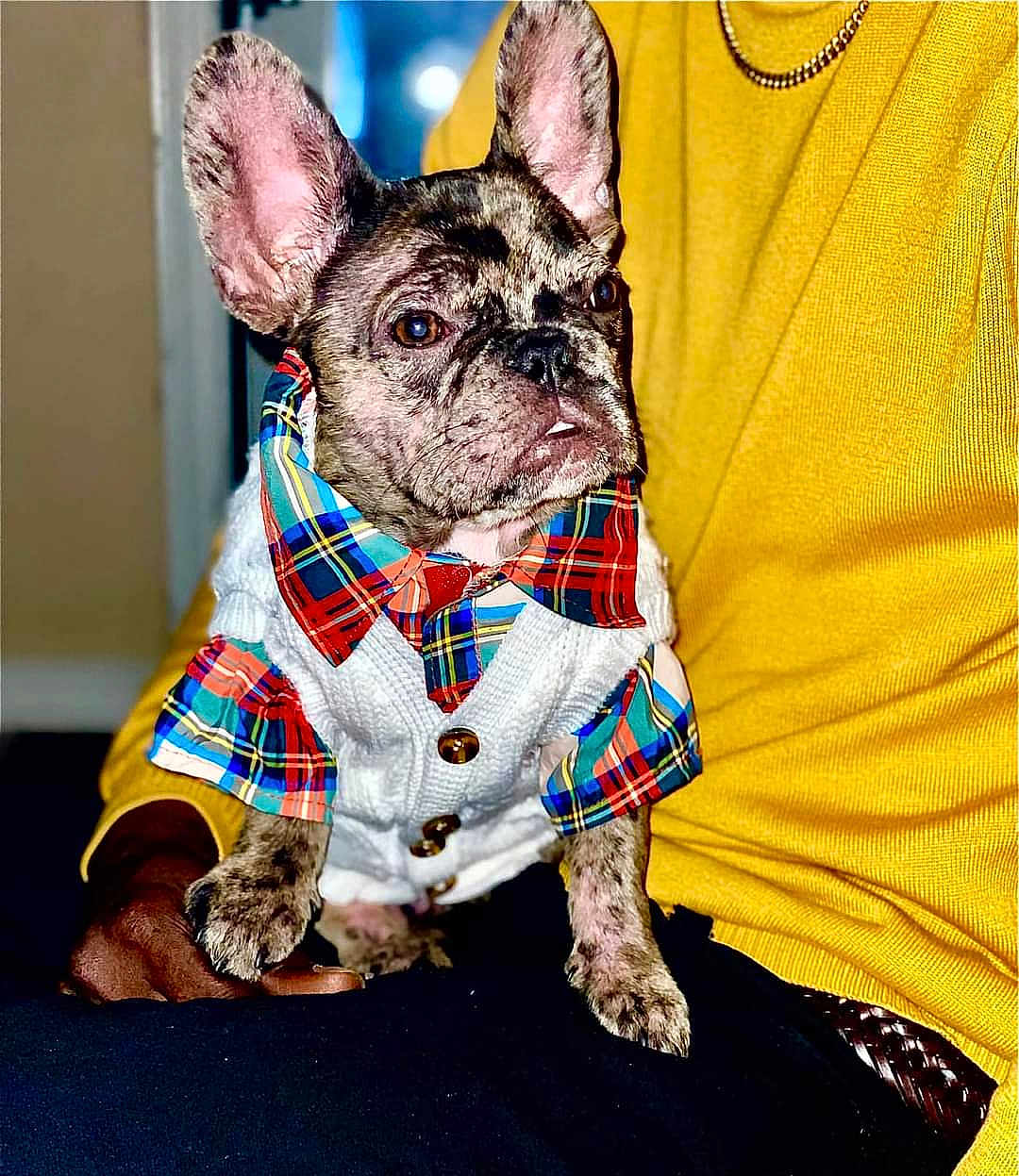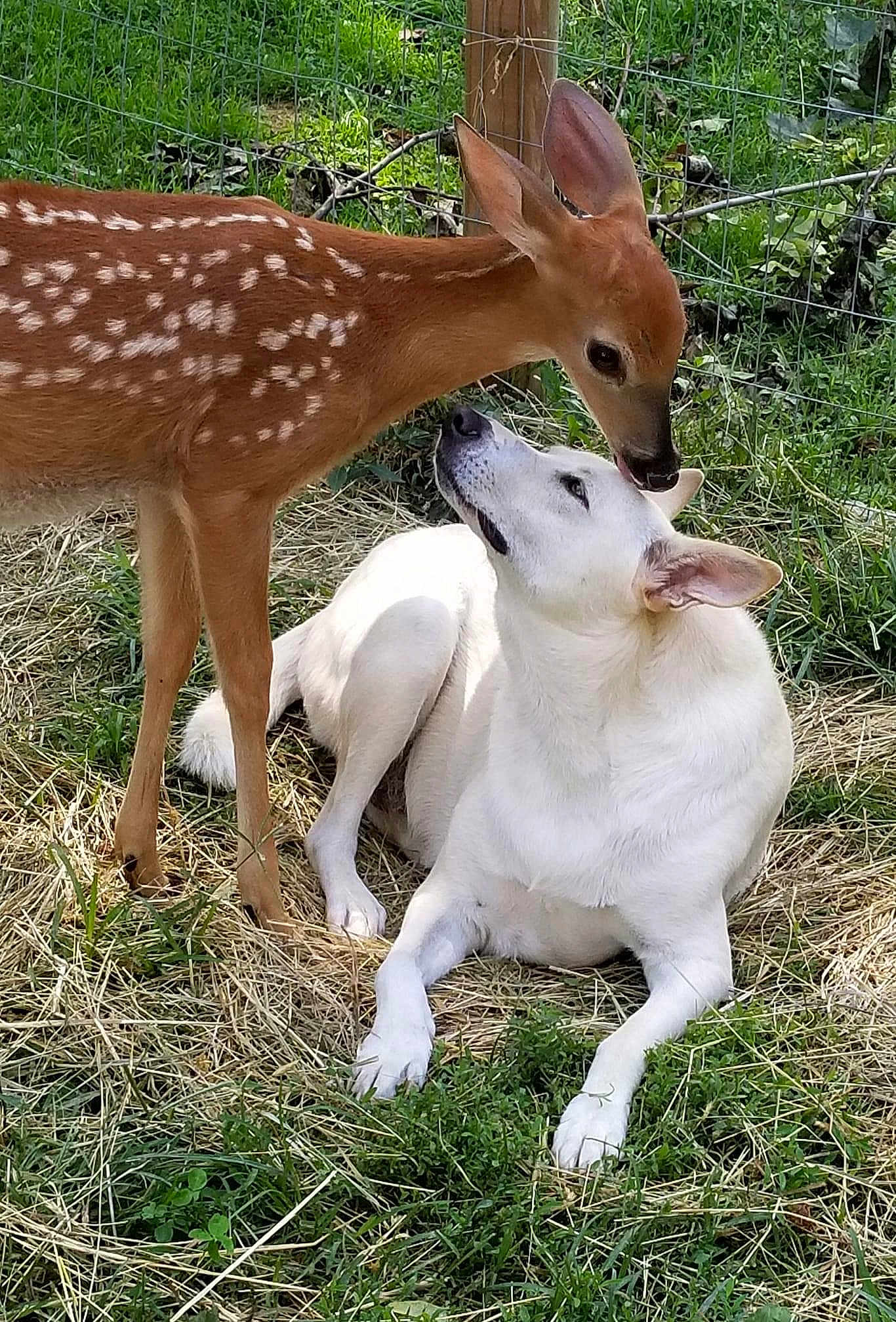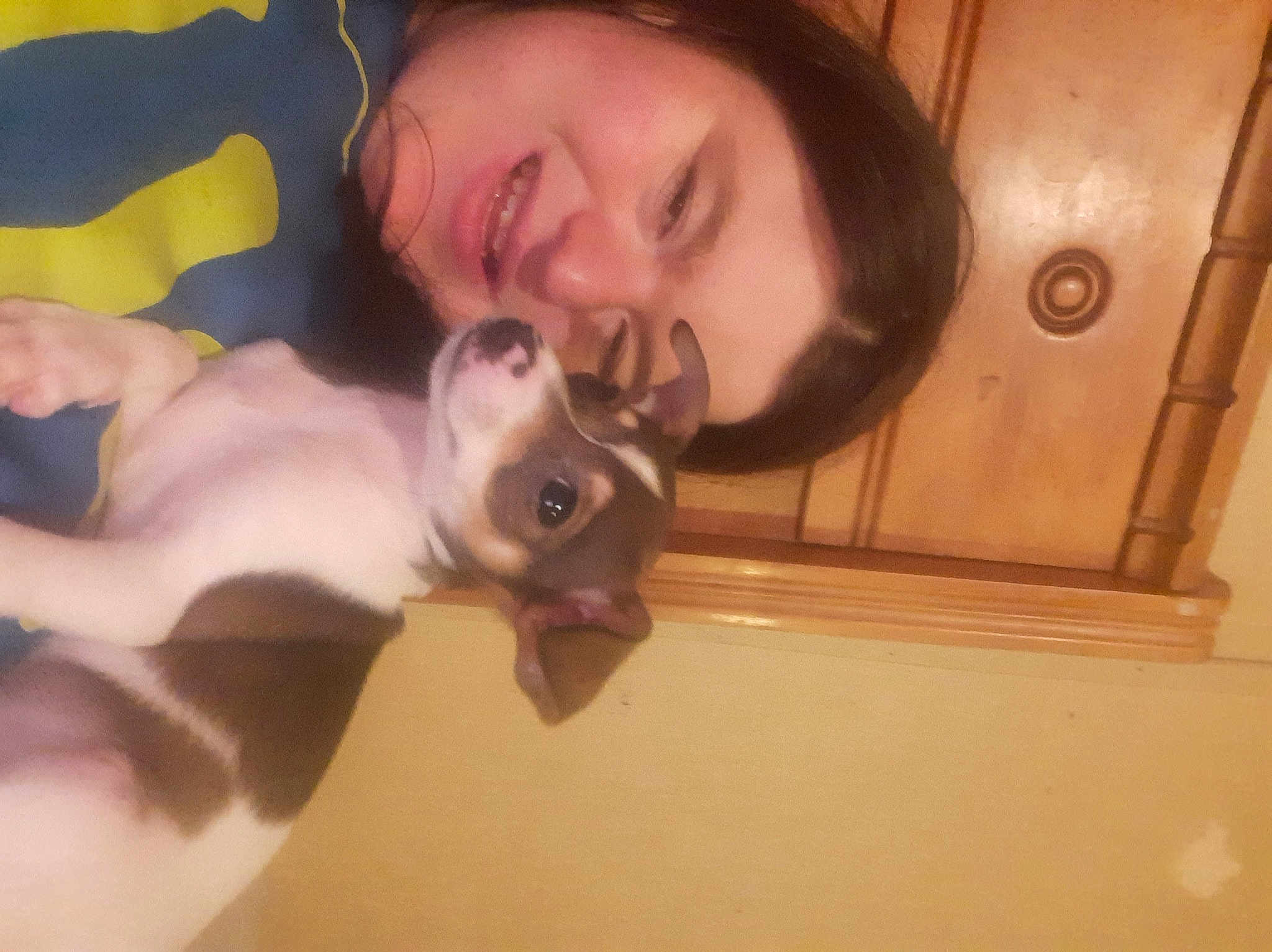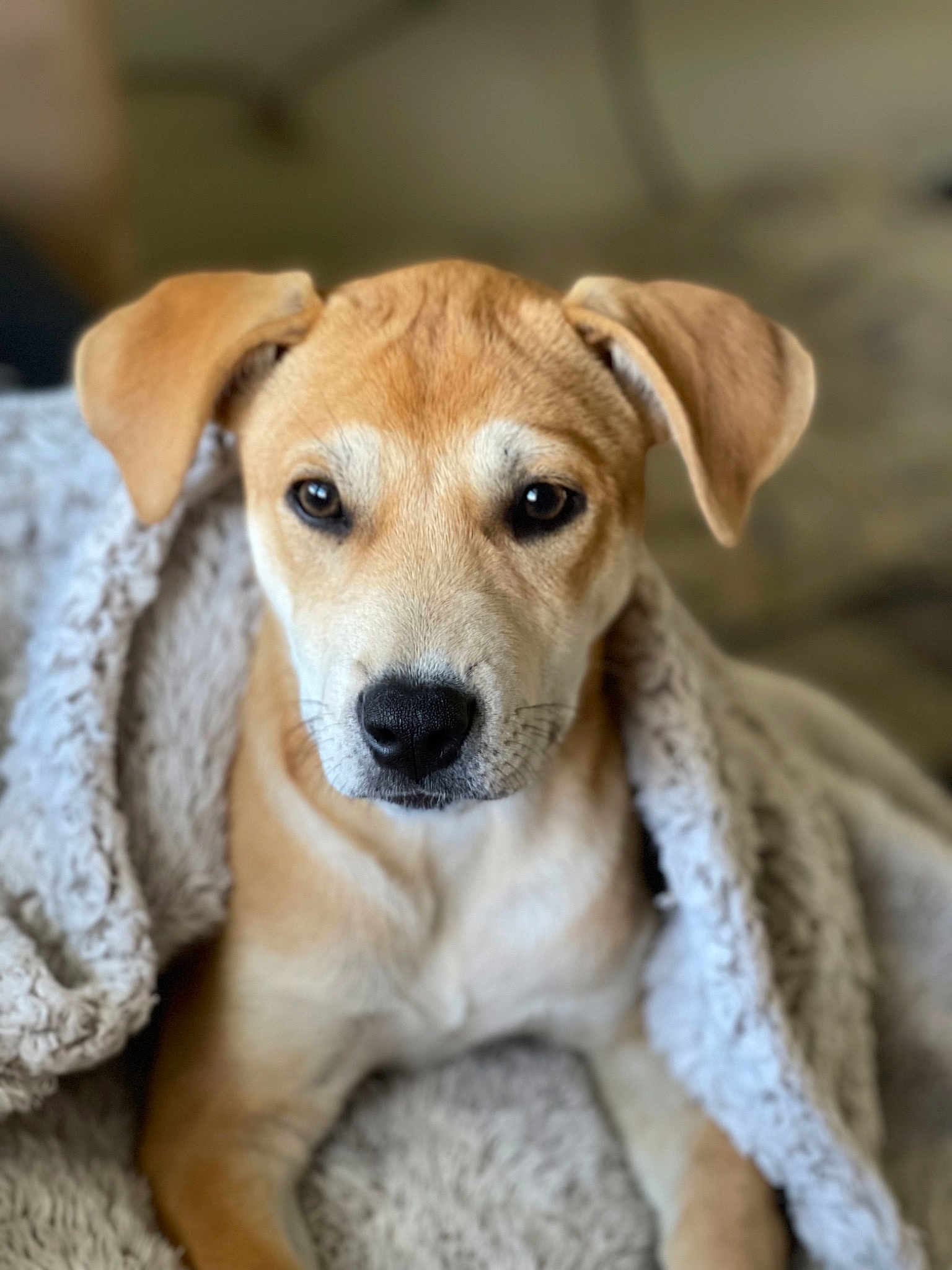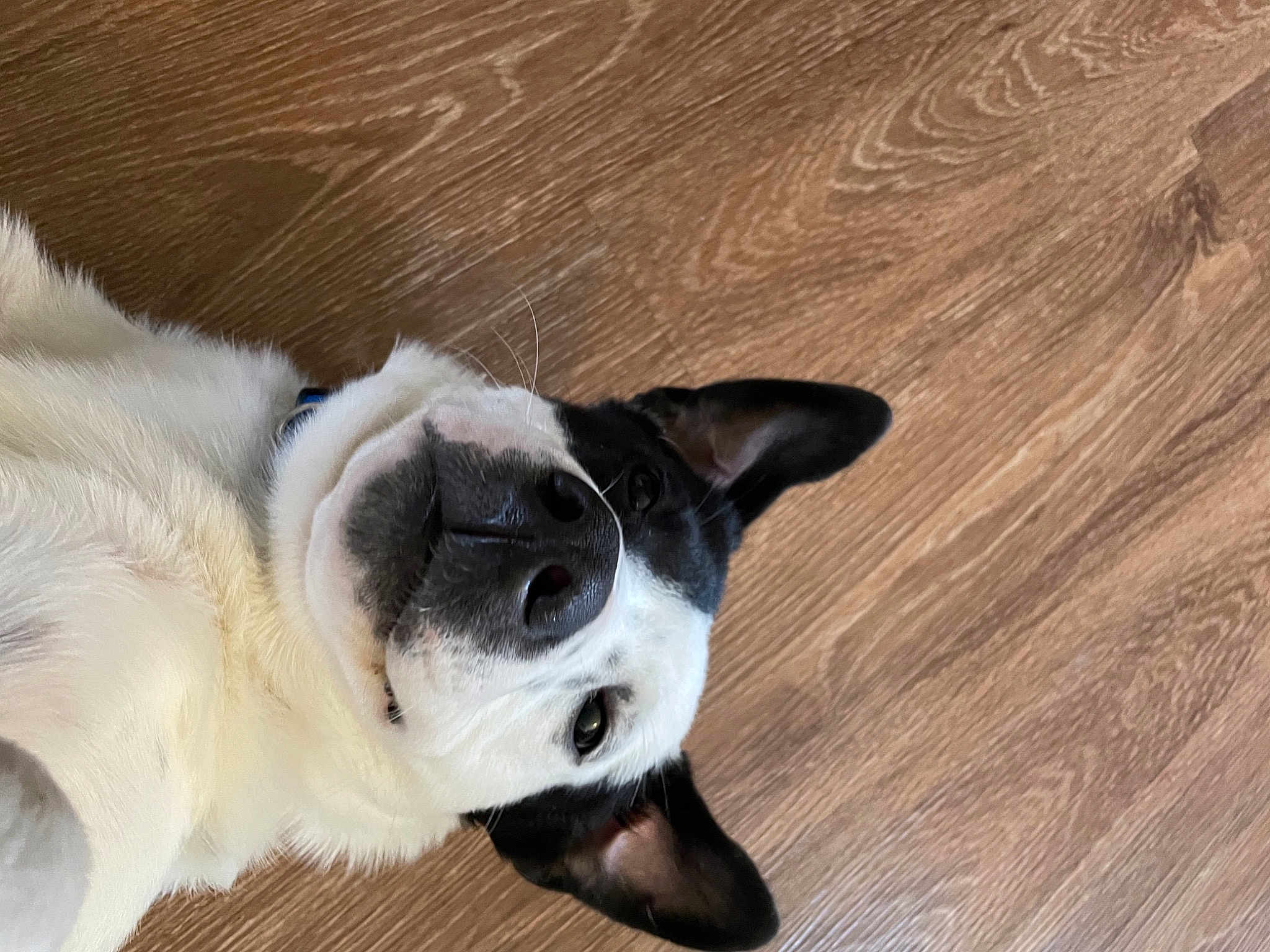Did you know that the Canaan Dog, one of the world's oldest and rarest breeds, has roots traceable back to Biblical times? Its status as a pariah dog, living in the wild for centuries, has endowed it with remarkable survival skills and an incredibly resilient nature.
Personality and Behavior of the Canaan Dog
When it comes to personality, the Canaan Dog is a fascinating blend of independence and loyalty. Often described as aloof with strangers but devoted to their families, these dogs are both discerning and courageous. Their history as guard and herding dogs in the harsh conditions of the Middle East has refined some unique traits.
Canaan Dogs are known for their acute senses and intelligence. They learn quickly and often exhibit strong problem-solving abilities. However, their independent nature means they might not always be eager to please their owners, much like other, more compliant breeds.
Socially, Canaan Dogs can be cautious or even wary of strangers, but they are exceptionally loyal and protective towards their family members. This makes them excellent watchdogs, always vigilant and ready to fend off potential threats. Their ability to gauge situations sensibly means they are not prone to unnecessary aggression.
Their behavior can be quite playful when at ease. They get along well with children and other pets, particularly if raised alongside them. However, some Canaan Dogs may express a degree of territoriality that can result in protective behaviors.
"Canaan Dogs are considered to be one of the healthiest breeds around, with many living well into their mid-teens due to their robust and resilient nature—their bodies have been honed by generations of survival in harsh, unforgiving conditions."
Meanings, History and Origins of the name Canaan Dog
The name "Canaan Dog" carries a profound historical and cultural significance. This breed is named after the ancient land of Canaan, an area that roughly encompasses modern-day Israel, Palestine, Lebanon, and parts of Syria and Jordan. It is believed that these dogs have been around for thousands of years, dating back to Biblical times.
Canaan Dogs were historically used by the Bedouin tribes of the Middle East for guarding their camps and livestock. Their exceptional scenting abilities and keen hearing also made them skillful herders and sentinels. During wartime, the breed was utilized for messaging and various forms of military work, which only accentuated their versatility and intelligence.
The Canaan Dog's feral nature ensured their survival through centuries in the desert. This breed is a living testament to resilience and adaptation. Officially, the breed was first recognized by modern kennel clubs after Dr. Rudolphina Menzel, an Austrian cynologist, began breeding and training them in the early 20th century.
Indeed, the Canaan Dog represents a fascinating blend of ancient survival traits and modern adaptability, with their name reflecting a deeply historical and geographical legacy.
Popularity of the Canaan Dog
Despite their rich history, the Canaan Dog is not among the most widely recognized breeds. In fact, their rarity can be tied to their recent emergence in the broader canine world and their specialized characteristics. However, those who are acquainted with this breed often develop a deep appreciation for their unique qualities.
In English-speaking countries, particularly the United States and Canada, the breed is relatively rare. The Canaan Dog was first introduced in the United States in 1965 and was officially recognized by the American Kennel Club in 1997. Here, they have gradually earned a loyal following among enthusiasts who admire their intelligence, independence, and historical significance.
Globally, the Canaan Dog's popularity varies. In Israel, the breed's homeland, Canaan Dogs are more common and enjoy a certain cultural reverence. They are often seen as national treasures and are quite popular among locals for their loyalty and guarding capacities. Across Europe, awareness and appreciation for the breed are slowly growing, though they still remain rare.
Health and Care of the Canaan Dog
The Canaan Dog is known for its robust health, a testament to its long history of natural selection. Generally, Canaan Dogs are free from many of the genetic disorders that plague other breeds. Nonetheless, like all dogs, they can be susceptible to certain health issues, such as hip dysplasia, hypothyroidism, and eye conditions.
Regular check-ups and maintaining an appropriate diet are vital. Their diet should be balanced and designed to cater to their energetic lifestyle. High-quality commercial dog food combined with occasional raw food can keep them in peak condition.
Routine grooming is fairly straightforward for the Canaan Dog. Their dense double coat, which sheds seasonally, requires weekly brushing to remove loose hairs and maintain its condition. Regular nail trimming, ear cleaning, and dental care should also be part of their care regimen.
Mental stimulation and physical exercise are crucial. Given their active and intelligent nature, Canaan Dogs thrive on activities that challenge their bodies and minds, such as agility training, herding, and even advanced obedience exercises.
Training and Education of the Canaan Dog
Training a Canaan Dog comes with its own set of challenges and rewards. Their independent streak means that training should be approached with patience and consistency. Positive reinforcement techniques work best, making use of treats, praise, and play as rewards for good behavior.
Socialization from an early age is key to a well-adjusted Canaan Dog. Exposure to a variety of people, pets, and environments will help temper their natural wariness towards strangers and unfamiliar situations. This ensures they grow into balanced and social adults.
Obedience training should begin early, establishing clear boundaries and expectations. Canaan Dogs, while intelligent, can be a bit stubborn, so short, engaging sessions are more effective than prolonged training periods.
Enrichment activities are essential. Given their history and natural instincts, they excel in activities that mimic their traditional roles, such as herding, tracking, and even competitive obedience. Keeping them engaged can prevent behaviors born out of boredom, such as digging or excessive barking.
Fostering the right environment for a Canaan Dog involves understanding and aligning with their innate traits. Such considerations can include creating secure spaces for exploration, regular mental and physical challenges, and fostering a supportive, patient training approach. This ensures their happiness and health while strengthening the bond between owner and dog.
The Canaan Dog is a breed steeped in history and character. While not the most common breed, their uniqueness lies in their rich background and versatile abilities. At Pageant Dog, we have seen many Canaan Dogs participate in our contests, showcasing their impressive demeanor and loyalty.
Choosing a Canaan Dog means adopting a piece of ancient history, gaining a loyal guardian, and embracing a resilient companion. Whether for their storied past or their loyal hearts, these dogs bring a unique richness to the lives of those they join.


